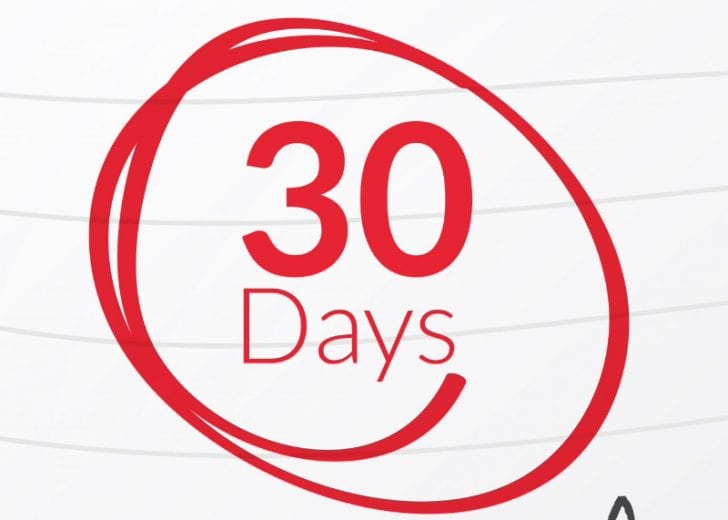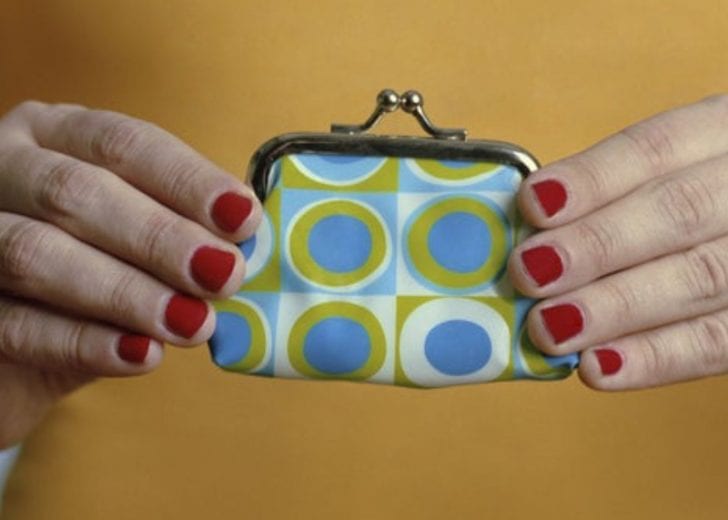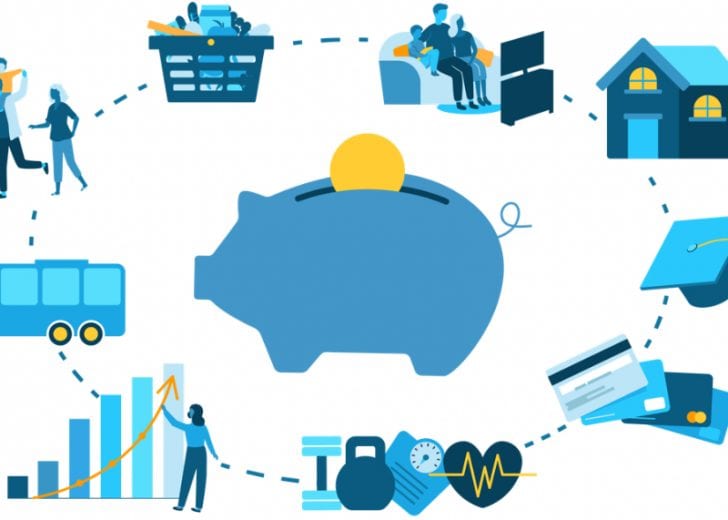Learn new budget practices to make your money work for you in 2021 with a commitment to boost savings. Being thrifty is about not wasting money and more about saving money. To ensure savings, learn to value things much more after assessing their worth. Money is never the end goal and leads to bad decisions like choosing wrong cars or wrong careers. Money enables choice and freedom and reframing this allows better decisions with savings. Essential money habits adopted in 2021 can help in taking charge of finances as the world spins out of control.
Embrace the 30-day rule

Before purchasing anything, wait 30 days to stop impulsive decisions. Adopting the 30-day rule gives time to evaluate purchases which you buy online without much thought. Once the 30-day period has passed, the purchase inclination normally subsides.
Pay yourself first
Create auto deposits for savings / investments before you spend money on purchases over the month. Then repay bills, keeping some fun money/spending money if funds are available.
Watch out for lifestyle inflation

Never inflate expenses with salary increases and ensure you spend less than you earn, so that you are better off. Buying a bigger house or car, leads to over-spending. Invest in experiences to enrich your life, rather than acquiring things.
Set clear goals
Have clear goals about yourself over ten years’ time, so you have a clear path to get you to this goal. This will help you from stop spending and stay on track with savings. It is important to have a set target clearly in mind to keep yourself motivated to save, and keep going strong.
Understand money and finances
Self-development books and informative podcasts help with financial literacy and adopting healthy money mind-sets. Talking with people with similar goals, helps you develop and keeps you on track.
Build more income streams
Never put all eggs in one basket. Circumstances change quickly if you lose your job leaving you in a precarious position.
Distinguish between liabilities and assets

Stop debt from accumulating. Liabilities may be a house with mortgage payable or a car with much money spent on it, while assets like cash or investments put money deep in your pocket, without spending it.
Buy second hand and cut back on fast fashion
Shopping second-hand saves money and reduces worldwide waste. Ignoring fashion trends can save money, and help the environment.
Prioritise on being debt-free
Get rid of debt, avoiding bad debt. A small credit card debt paid off monthly, is good as it builds your credit score. But don’t default on repayments as this negatively impacts your credit score.
Check monthly expenses and secure better deals

Don’t allow insurance tick over each year by not researching the best deals. Sadly, loyalty doesn’t pay off. Moving to other service-providers saves money; scrutinise these regular spends each month.
Have an emergency fund
2020 has taught that emergencies can strike any time, so ensure saving least three or six months’ salary if you lose your job or fall ill and cannot work.
Reframe goals
Never equate success with material possessions. True measures are quality of life, health, love, and non- quantifiable things. Build money habits to control finances and reduce stress levels. You never regret being good with money, but could regret bad money decisions




